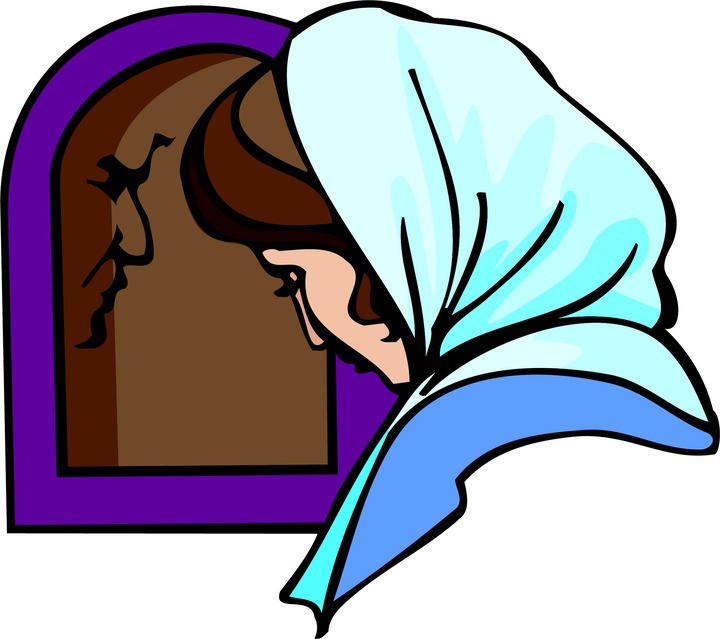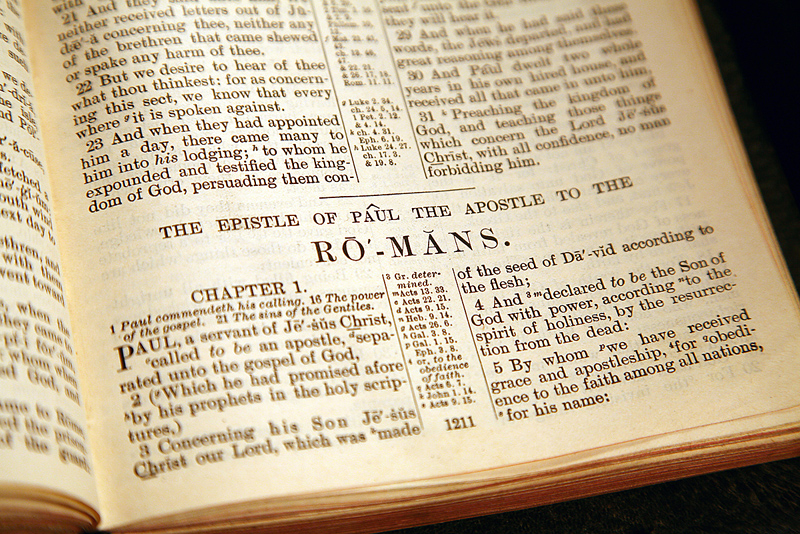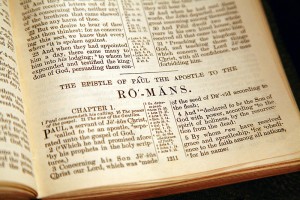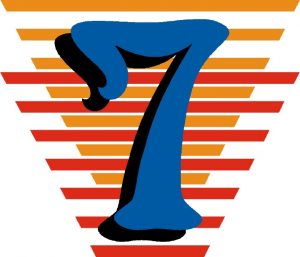
Romans 2:7, Patient continuance in well doing. Scripture speaks of not becoming weary in well doing (Gal 6:9; 2 Thess 3:13). Yeshua in his Olivet Discourse (Matt 5–7) admonishing his disciples says, “But he that shall endure unto the end, the same shall be saved” (Matt 24:13). The context of this remark is tribulation, betrayal of brethren, the deception of false prophets and false messiahs, wars and rumors of wars, sorrows, famines and pestilence. The saint is engaged in an uphill struggle in their battle against the world, the flesh and the devil (Jas 2:15), or as John states it, “the lusts of the flesh, the lust of the eyes and the pride of life” (Jn. 2:16). These are the same three areas (body, soul, spirit, 1 Thess 5:23) in which Yeshua was tempted of Satan, the Adversary, in the wilderness (Matt 4:1–11), and in which Adam and Eve were tempted at the tree of knowledge when in describing the forbidden fruit Scripture records: “the tree was good for food [temptation of the flesh] and that it was pleasant/desirous to the eyes [lust of the eyes or temptation of the soul (i.e., the mind, will and emotions)] and a tree to be desired to make one wise [pride of life or temptation of the spirit]” (Gen 3:6). Enduring and overcoming the world, the flesh and the devil is a lifelong process. Paul echoing Yeshua’s remarks of Matthew 24:13 says in 2 Timothy 2:10, “Therefore I endure all things for the elect’s sakes, that they may also obtain the salvation which is in Messiah Yeshua with eternal glory.” What these Scriptures show is that salvation is a process. One is saved upon belief in Yeshua, yet one must work out one’s own salvation with fear and trembling (Phil 2:12) lest one fall away (Heb 6:5), or one’s faith become shipwrecked (1 Tim 1:19).
Patient continuance, enduring and overcoming involves warfare. Paul was well aware of this in his personal struggles in his ministry to advance the gospel of the kingdom of heaven.
For though we walk in the flesh, we do not war after the flesh: (for the weapons of our warfare are not carnal, but mighty through Elohim to the pulling down of strong holds;) casting down imaginations, and every high thing that exalteth itself against the knowledge of Elohim, and bringing into captivity every thought to the obedience of Messiah. (2 Cor 10:3–5)
Put on the whole armour of Elohim, that ye may be able to stand against the wiles of the devil. For we wrestle not against flesh and blood, but against principalities, against powers, against the rulers of the darkness of this world, against spiritual wickedness in high places. Wherefore take unto you the whole armour of Elohim, that ye may be able to withstand in the evil day, and having done all, to stand. Stand therefore, having your loins girt about with truth, and having on the breastplate of righteousness; and your feet shod with the preparation of the gospel of peace; above all, taking the shield of faith, wherewith ye shall be able to quench all the fiery darts of the wicked. And take the helmet of salvation, and the sword of the Spirit, which is the word of Elohim. (Eph 6:11–17)
The words overcome or overcomes occur 22 times in the Testimony of Yeshua and it is interesting to note that five of the seven churches of Asia Minor are admonished to overcome the result of which is great heavenly rewards (Rev. 2:7, 11, 26; 3:5, 12). The word overcome is the Greek word nikao meaning “conquer, prevail, get the victory.” This is the path to which believers are called. It will be the most difficult trek one will ever make, since all the powers of death, hell and Satan are arrayed against those born not of flesh and blood, but of the Spirit who are in this world, but not of it, who are sojourners and pilgrims passing through and who are citizens of a heavenly kingdom. Yet for those who overcome, endure to the end and continue patiently the rewards are more than humanly imaginable:
But as it is written, Eye hath not seen, nor ear heard, neither have entered into the heart of man, the things which Elohim hath prepared for them that love him (1 Cor 2:9 ).






